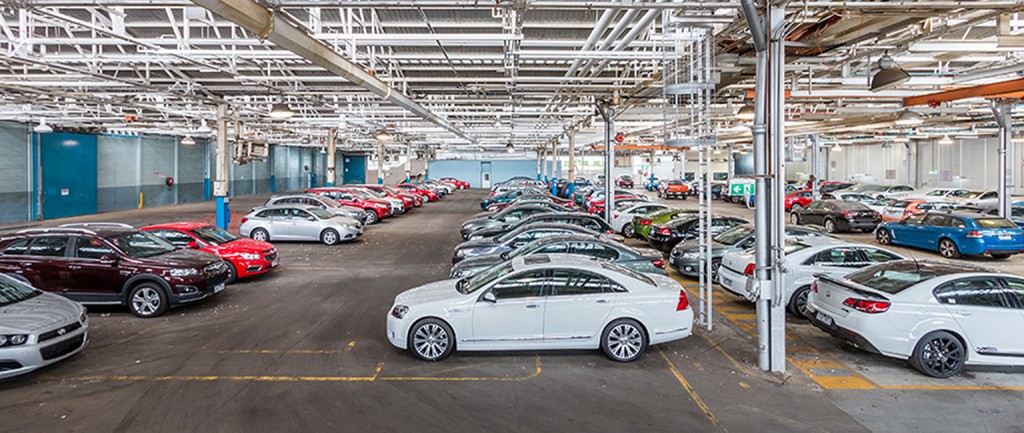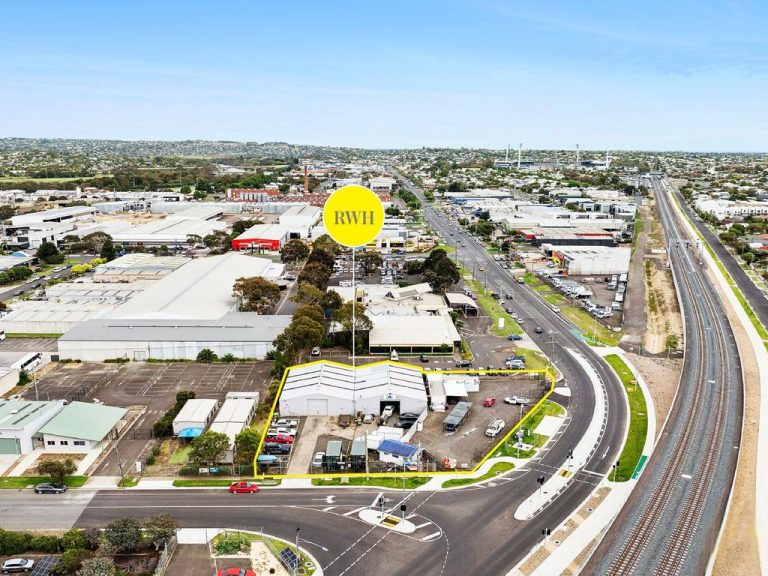Automotive industry braces for space race

The demise of Australia’s car manufacturing industry will leave a vast hole in its industrial property landscape that the market is scrambling to fill.
A Colliers International report into the closure of the automotive manufacturing sector says around 665,000sqm of industrial space could be vacated across Melbourne alone, as manufacturers and suppliers wind up their operations.
Around 335,000sqm of space could be impacted in the city’s south-east, with estimates that only 30% of local manufacturers will survive, according to Colliers’ white paper, Time is Fast Approaching.
Early indications are that more suppliers are diversifying into other industries than was previously thought
But the report says that many manufacturers are diversifying in order to remain viable, while much of the soon-to-be-vacant space will be repurposed as logistics facilities, advanced manufacturing, or even residential developments and large format retail outlets.
Colliers International national director of industrial Tony Iuliano says manufacturers are being creative as the end of Australia’s automotive era looms.
“Early indications are that more suppliers are diversifying into other industries than was previously thought,” Iuliano says.

GM Holden’s site at Fisherman’s Bend in Port Melbourne was put on the market late last year.
“In the north, a number of suppliers are amending their production techniques to become a supplier to Melbourne’s burgeoning caravan manufacturing industry, which doesn’t face nearly as many export threats and remains in high demand.”
“The automotive aftermarket is also a sector that is continuing to demand supplies from local manufacturers. Most of Melbourne’s car manufacturers require at least 10 years worth of parts to be made available for aftermarket and servicing purposes, so there is still demand for their product.”
“A number of firms are choosing to produce this 10 years of supply now, store the product – thus creating warehousing demand – and move on to utilising their factories to supply other industries.”
Businesses with excess industrial land or facilities that they will need to dispose of in late 2016 and into 2017 are encouraged to think about their real estate strategy now
The large tracts of land currently occupied by major car companies Ford, Toyota and General Motors Holden will likely affect the sale of smaller industrial properties held by other owners.
“The huge landholdings of Ford, Toyota and GM Holden also provide opportunities for the institutional development sector, and the imminent sale of GM Holden’s 37ha in Port Melbourne will be the first example,” Iuliano says.
“Businesses with excess industrial land or facilities that they will need to dispose of in late 2016 and into 2017 are encouraged to think about their real estate strategy now, as timing in the wake of such a large industry shutdown will be crucial.”







